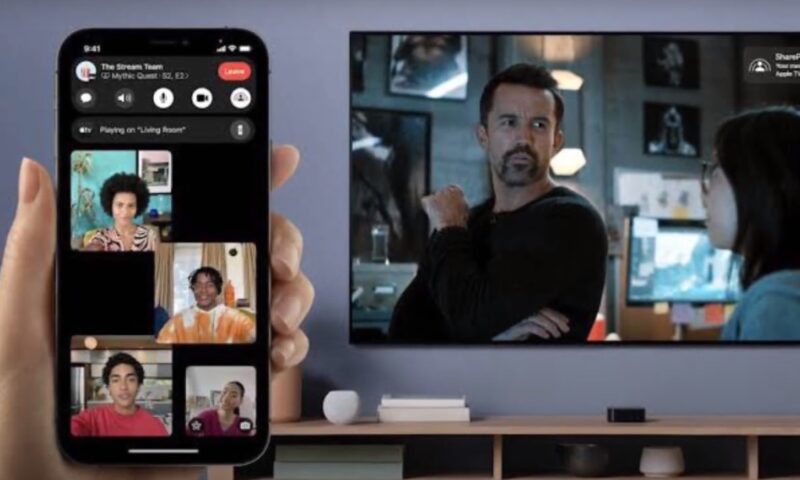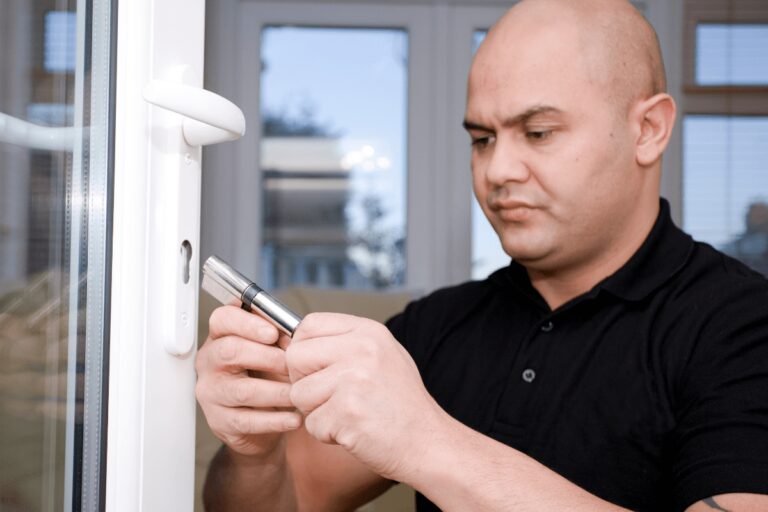When it comes to relationships, the power of a heartfelt apology cannot be underestimated. Saying sorry in a romantic context isn’t just about admitting wrongdoing; it’s an art that involves expressing genuine remorse, understanding the emotional impact of your actions, and demonstrating a commitment to change. In romantic relationships, where emotions run deep and vulnerabilities are exposed, a well-crafted apology can act as a salve, mending fractures and deepening the bond between partners.
Understanding the Art of a Sincere Apology

The first step in crafting a meaningful apology is understanding its core – sincerity. An apology without genuine remorse is like a body without a soul. Begin by introspecting about your actions and their consequences. Recognize and own your mistake. This isn’t just about admitting what you did wrong, but also about understanding and acknowledging how it affected your partner.
This depth of understanding is critical; it shows that your apology goes beyond mere words and reflects a heartfelt regret. It’s about letting your partner know that you see and understand their pain and that you feel remorseful for being the cause of it. This kind of empathetic acknowledgment can be profoundly healing and is the cornerstone of any sincere apology. If you want to learn more about crafting a meaningful apology, visit relationshippp.com
The Importance of Timing and Setting
Timing plays a crucial role in the process of apologizing. In the midst of a heated argument, emotions are too volatile for a sincere apology to be effective. The best time is often when both partners are calm and can engage in a meaningful conversation. Choosing a peaceful setting, away from distractions, allows both partners to focus on the issue at hand and engage in a heartfelt exchange. It’s not about waiting for the perfect moment but finding a time when both of you are receptive. An apology delivered at the right time can open the door to forgiveness and understanding, while one delivered at the wrong time might be dismissed or misunderstood.
Choosing Words That Heal
The words you choose to express your apology are as important as the apology itself. They have the power to either soothe the pain or aggravate the wound. It’s crucial to steer clear of justifications or excuses in your apology. Focus instead on phrases that convey your regret, your empathy, and your commitment to not repeating the mistake. Instead of making statements that can be perceived as dismissive like, “I’m sorry you feel that way,” opt for words that acknowledge your responsibility, such as, “I’m sorry I hurt you. It wasn’t my intention, and I regret causing you pain.” This kind of language demonstrates a genuine understanding of the impact of your actions and a willingness to take responsibility for them.
Actions That Reinforce Your Words

A romantic apology extends beyond words; it includes actions that demonstrate your commitment to making things right. Your partner needs to see that you are taking steps to rectify your mistake or to change a behavior that caused the issue. This could involve making small but significant changes in your daily interactions, or it might mean undertaking larger, more challenging steps to improve the situation. The key is to show through your actions that you are earnestly trying to heal the rift your actions caused. This demonstration of effort can often speak louder than any words of apology.
Adding a Personal Touch to Your Apology
A personal touch can add a layer of depth and sincerity to your apology. Consider writing a heartfelt letter, or making a gesture that holds special significance to both of you. The personal element of your apology shows that you have put thought and effort into expressing your regret, making it more impactful. It’s a way of showing your partner that they are worth the extra effort and that you truly care about mending the relationship.
The Process of Rebuilding Trust
An apology is the first step in the process of rebuilding trust, but it’s important to understand that trust takes time to restore. Be patient with your partner and allow them the space they need to heal. Your consistent and genuine actions over time will demonstrate your commitment to being a better partner and will slowly help to rebuild the trust that was damaged.
Listening with Empathy and Vulnerability

In the aftermath of an apology, it’s essential to listen empathetically to your partner’s feelings. Being heard can be incredibly healing for your partner. It’s important to show empathy and understanding, validating their feelings without becoming defensive. This kind of empathetic listening can foster a deeper emotional connection and can encourage your partner to share their own vulnerabilities, further strengthening the bond between you.
Maintaining Open Communication
The process of reconciliation doesn’t end with an apology. Keeping the lines of communication open is crucial for the health and resilience of your relationship. Regular, honest discussions about feelings, expectations, and concerns can prevent future misunderstandings and conflicts. This ongoing dialogue is essential for building a strong, healthy relationship.
Committing to Change

A sincere apology is underpinned by a commitment to change. This means actively working to avoid repeating the same mistakes and being mindful of your actions and their impact on your partner. It involves a continuous effort to grow and improve both as an individual and as a partner in the relationship. This commitment to change demonstrates to your partner that you value the relationship and are willing to put in the effort required to nurture and maintain it.
End Note
In conclusion, saying sorry in a romantic way involves much more than just uttering the words. It’s about sincerity, understanding, empathy, timing, thoughtful words, meaningful actions, personalization, rebuilding trust, empathetic listening, vulnerability, open communication, and a genuine commitment to change. A well-crafted apology, delivered with care and sincerity, can not only mend a rift but also deepen the connection and understanding between partners.
Related Posts:
- What to Look for in a Relationship: A Comprehensive…
- Famous Fumbles: Celebrity Social Media Fails Exposed
- DIY Car Repair Tips: Your Guide to Finding Genuine…
- Is Colorado School of Mines Football Good? - In…
- Laptop Keeps Shutting Off? Here's How To Fix It
- When to Move from Independent to Assisted Living: A…













